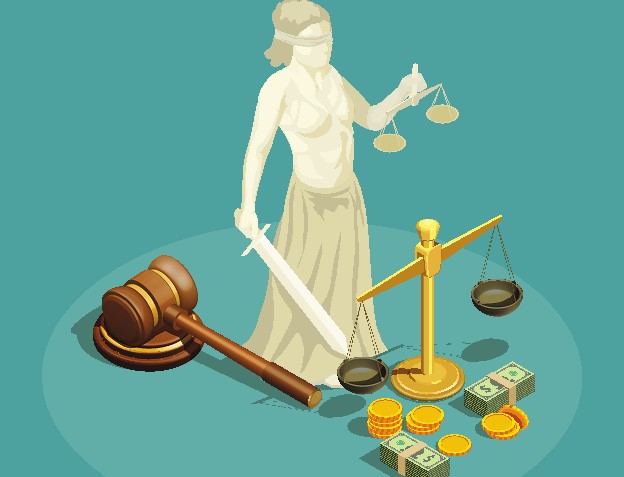Grades 6-8, 9-12, Higher Education
Ethics, Economics, and Social Issues: Should I Join the Sweatshop Boycott?
In this lesson, students study primary sources to learn about the choices of young women who are considering working in...

The Council for Economic Education offers free professional development training wherever you are. Watch a webinar for a minimum of 45 minutes and you will receive a certificate of completion within 24 hours. Click here to learn how to use our webinars for professional development hours.
